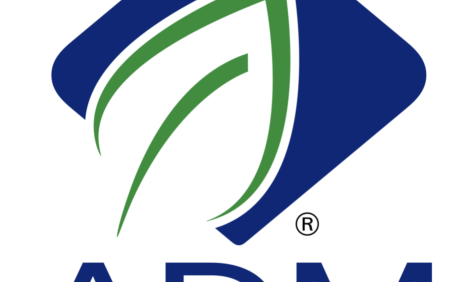



Young farmer's Senate testimony praises intensive livestock production
US - Chris Chinn, an independent hog farmer from northeastern Missouri, has testified to the Senate Committee on Environment and Public Works about the opportunities and benefits her family has found in raising farm animals.Mrs Chinn, chair of the AFBF Young Farmers & Ranchers Committee and a member of the AFBF Board of Directors, appeared before the Senate Committee on behalf of the American Farm Bureau Federation, to discuss modern livestock production and confined feeding operations.
“Many people outside of agriculture and the livestock industry have concerns about the environmental and health impacts of livestock operations,” said Mrs Chinn. "Some have gone so far as to demonize livestock operations, calling them factory farms and industrial livestock production. In fact, many of these livestock farms continue to be family-owned and operated,” she added.
Chris and her husband, Kevin, along with their parents and other family members, operate a family-owned and managed pig farm. She is an active community member, and takes part in a range of civic, youth and church activities. Chris also mentors young people in her area and encourages young farmers and ranchers nationwide to promote the benefits of agriculture through her role as YF&R chair.
Committed family business
“The vast majority of farmers who operate confined animal feeding operations are involved in a family-based business. They are highly educated college graduates, community leaders, and experts in science and technology,” said Mrs Chinn. “Most are trained in humane animal husbandry and environmental sciences and spend great amounts of time, money and other resources ensuring that their operations do not harm the environment.”
She pointed out how livestock producers go to great lengths to protect natural resources and ensure the food they produce is healthy. And she explained the actions her family implemented to follow the Clean Water Act, practice a Comprehensive Nutrient Management Plan, along with an Environmental Management Systems and other environmental protection measures.
“Many operations are near the tipping point where needless regulation that accomplishes no real environmental or food safety goal will drive them out of business,” she said. “Additional regulation means dollars out of the pockets of farmers and ranchers, pure and simple.”
Common sense vital
Mrs Chinn's testimony supported the need for 'adequate regulations to ensure environmental quality, food safety and other science-based endeavors'. She said that livestock producers are well-aware of this, however, government regulations that crossed the threshold of common sense to address perceived societal problems were endangering farmers’ and ranchers’ livelihoods.
The Chinns have two young children, Rachelle and Conner. The family recently built a home less than 200 yards from their water treatment lagoon; most visitors believe the water is a pristine pond and do not notice odors on the property.







